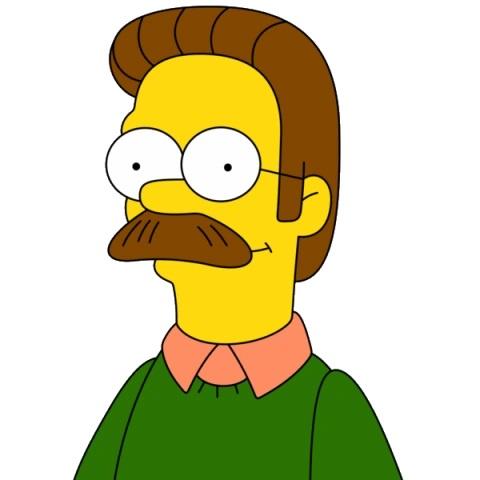I looked this up, Basque is totally isolated, it is the only language in use in modern Europe that isn't a descendant of PIE (Proto Indo European). It is considered to be a "language isolate" where it evolved prior to the invasions/tribe movements that led to PIE introduction and became isolated in a corner of Europe. Albanian OTOH is its own branch of surviving languages but does go back to PIE and so has some limited links to Turkish, Greek, and other languages being spoken in that part of the Med 1000-2000 years ago.I didn't know about Albanian but Basque is a famous outlier with no similar or related European languages.
I was wondering about the Sami when I wrote that I thought there were only 3 Ungaro Finnish languages. It seems that there are several Sami languages, some are nearly extinct with fewer than 100 speakers, some have recently become extinct because the last speaker has died. Wiki shows one part of northern Finland where there are FOUR official languages, roadsigns have Finnish and then 3 Sami languages. All of them look like an explosion in a print factory. You'd have to stop the car to have time to read them. Turn left for Saami Ukkuraattapikkaa, or do I want to go to Saamu Ukkattaakippaakkasippa?I think Sami is considered Ungaro-Finnish too, at least according to Wikipeia.
Edit: I have of course made up these place names but the originals are no more intelligible. A look at the road sign above reveals that Saami mattaattaskuavdas appears to be the same place as Saa mvuuvdskoou 'ljemkooskos and Sami oahpahhusguovddas and Saamelaisalueen koulutuskeskus. I'm not even sure I have copied these accurately. Road maps must be a nightmare, good thing there's lots of space on the map. Christ knows what Finnish Scrabble looks like. You must need about 20 letters at a time, most of them k and v. "Right, so that's "kouluaattaavuskeskaatus" on a double word score, with double letter for k and v, triple letter for t and l, oh and another double word score, so 4 times, I make it 272. Your turn."


